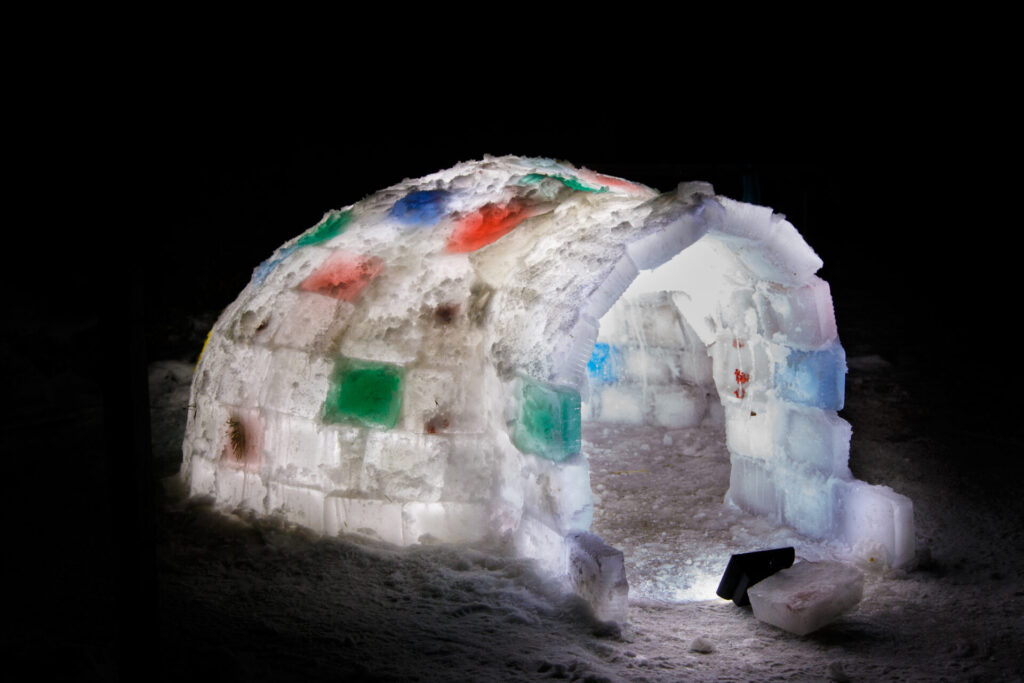According to a new study from Ipsos Reid, Canadian kids are concerned about the environment, especially protecting animals from extinction. The study asked 1,200 eight- to 11-year-old kids across Canada about their awareness, attitudes and behaviour towards environmental issues.

Many of the respondents were members of Earth Rangers, the conservation organization dedicated to educating children and families about biodiversity and inspiring them to help protect animals and their natural habitats.
The study shows that Canadian kids have a high level of awareness and concern for environmental issues but, more important, that when given the opportunity to make a tangible contribution through programs like Earth Rangers, kids become more engaged, more confident and more optimistic in their ability to protect animals, their habitats and the health of our planet.
“Earth Rangers’ mission is to educate and empower children to take action to protect wildlife and the environment,” says Peter Kendall, Executive Director of Earth Rangers. “We commissioned this study because we wanted to know which environmental issues resonate most strongly with kids and how actively engaged they are. We were very pleased to learn that, not only are kids passionate about our natural world and ready to take action, but that when given the opportunity to make a difference, they become more confident, socially concerned citizens.”
The most important environmental concern for all kids across the country is protecting animals from extinction. Sixty-nine percent of kids consider this issue very important, ahead of litter (63%), air pollution (61%), water pollution (61%), energy waste (49%) and climate change (39%). However, more than two-third of kids are extremely aware of these other key environmental issues, with Earth Ranger members even more aware.
The good news is, despite kids’ concerns, 80 percent believe they can make a positive difference for animals and the environment. (This is more pronounced among Earth Rangers members, with 90 percent of members vs. 69 percent of non-members being confident in their own ability to have a direct impact on the future survival of animals).
Kids don't only talk the talk. Most have adopted environmentally-friendly lifestyle habits in the past year, ranging from using reusable water bottles (86 percent), saving water by not running the tap too long (77 percent), picking up litter (75 percent), using recycled batteries (50 percent). This behaviour rubs off on parents, according to 84 percent of kids. However, programs like Earth Rangers empower kids to get actively involved in the environment through school projects and community events (58 percent of Earth Rangers members are actively involved in helping save animals and their habitats, vs nine percent of non-members).
The study shows that when kids care for the environment, it can have a spillover effect into other social causes. More Earth Rangers members report collecting food for food banks, raising money for charity, helping homeless people, building schools in underdeveloped countries and volunteering in general as activities. To learn more visit www.earthrangers.com









